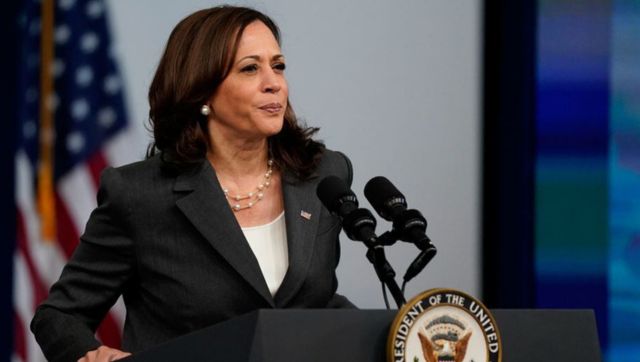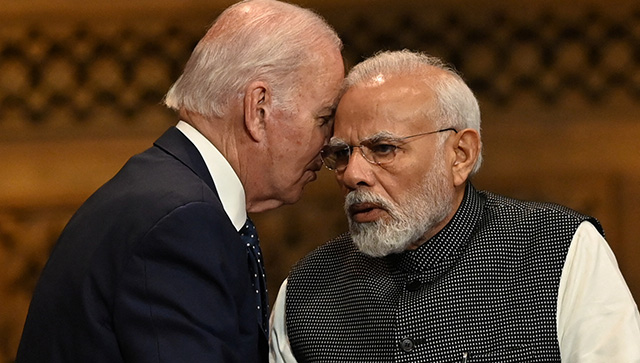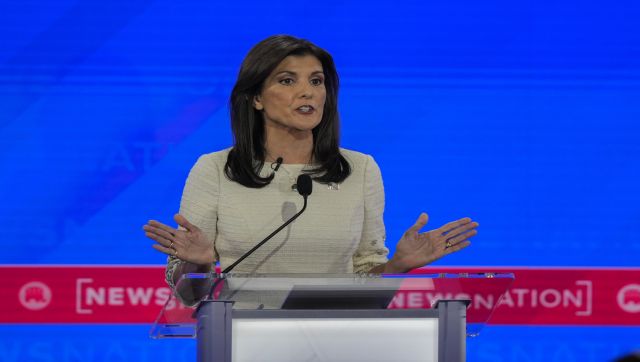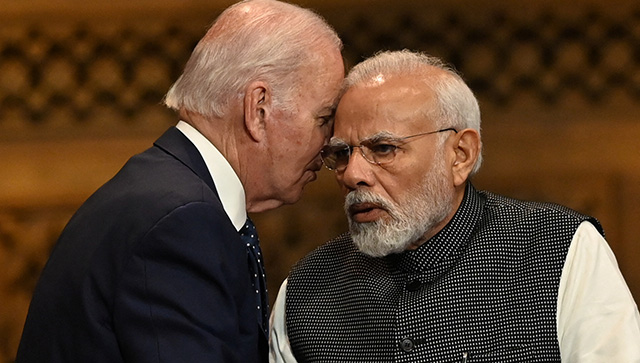Conservative voters in the US have been clear about only one thing as they go to the polls to choose the Republican Party’s candidate to face Barack Obama: They want another choice.
Super Tuesday, a cluster of 10 races this year, usually cements the front runner’s position, but this year, even as Mitt Romney, the leader of the Republican pack, won six of the 10 races, it was interpreted as a sign of his weakness.
“No knockout blow for Romney,” said CNN . The Miami Herald said that Romney’s biggest challenger, social conservative Rick Santorum, shared the momentum from the clutch of races on Tuesday. Santorum “continues to bedevil Mitt Romney” , Reuters said.
“A Super Tuesday primary night that was supposed to bring clarity to the Republican nomination fight instead left things nearly as muddled as ever,” wrote Alexander Burns in Politico, a politics focused news service based in Washington .
Even as Romney won in the key state of Ohio, it was seen as a sign of his weakness not as his strength as a candidate. Romney only eked out the barest of victories in Ohio and laid bare the divisions in the Republican Party.
Santorum continues to poll well amongst religious conservatives and Tea Party activists, a loose grouping but with the a unifying fear of the ballooning US debt.
Romney has often said that the competitive primary will make him a stronger candidate against Barack Obama, but Dan Balz of the Washington Post, the dean of US political journalism, disagrees. “As he advances toward victory in the primaries, he is losing ground in the general election,” Balz wrote.
He said that Romney is “worse shape at this point in the campaign than virtually all recent previous nominees”.
A lot of analysis of the US elections focuses on the party faithful in both the Republican and Democratic parties, but party affiliation has been weakening for decades in the US, and independent voters are the kingmakers in the race for the president. Balz points out that Romney is now polling worse with these key independent voters than at the start of the primaries.
Students of US politics will point to four years ago when Barack Obama and Hillary Clinton fought fiercely into the late spring, but this energised Democratic voters. Why is this competitive race amongst Republicans different than the sometimes quite acrimonious battle amongst Democrats in 2008?
The fiery primary battles between Obama and Clinton energised the Democratic Party, and that enthusiasm drove record turnout in the primaries.
Fast forward to 2012, and Republicans are more enthusiastic about beating Obama than they are about their choice of candidates. Turnout amongst Republican voters in these nominating races is actually lower, by almost 10%, than four years ago amongst Republican voters.
It’s reminiscent of 2004 for Democratic voters who were motivated by their hatred of George W Bush but not all that enthusiastic about their candidate, John Kerry. Kerry was roundly defeated.
Barack Obama will face a stiff challenge no matter the candidate that Republicans choose. However, the ongoing challenge comes from the weak economy and high unemployment not from a strong Republican candidate.


)




)
)
)
)
)
)
)
)